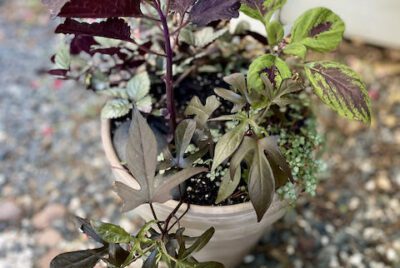RESEARCH
The Cost Effectiveness of Ecotherapy as a Healthcare Intervention, Separating the Wood from the Trees
Summary
This paper explores whether ecotherapy—a type of group-based, nature-centered activity used to improve mental health—could be a cost-effective healthcare treatment. With more people living in cities and having less contact with nature, there is growing interest in using natural environments to help with mental health problems like depression and anxiety. The authors reviewed existing studies and reports to understand both the costs of running ecotherapy programs and their potential benefits, such as improved mental and physical well-being. They found some encouraging evidence that ecotherapy can help reduce symptoms of depression, increase physical activity, and lower healthcare costs through fewer doctor visits and reduced medication use.
However, the overall quality of the available evidence is weak, with few high-quality studies and almost no long-term data on whether benefits last after the program ends. The authors argue that while ecotherapy shows promise and may offer wider social benefits beyond health (such as improved social connection and reduced inequality), much more research—especially randomized controlled trials—is needed to know if it is truly cost-effective enough to be widely funded through national healthcare systems like the UK’s NHS.







